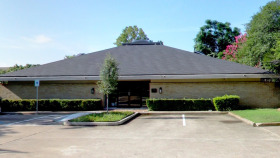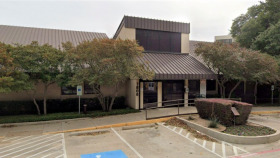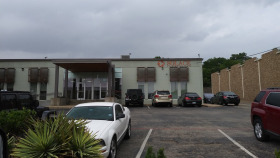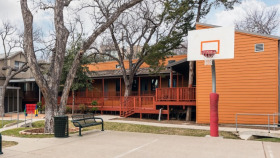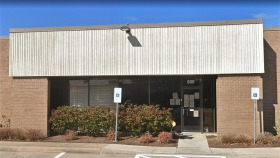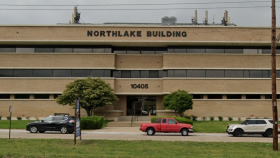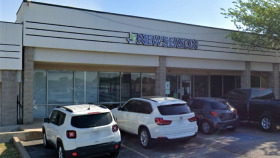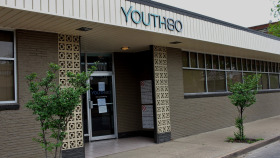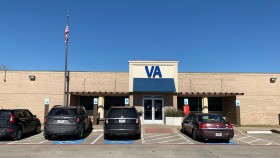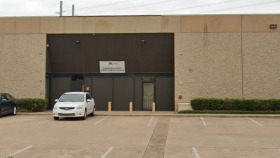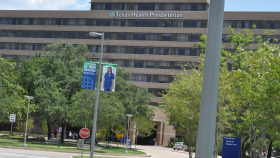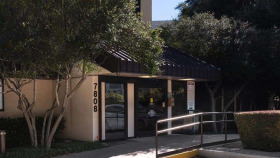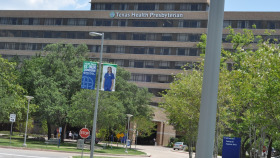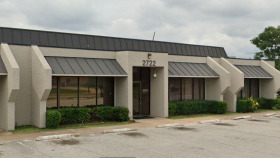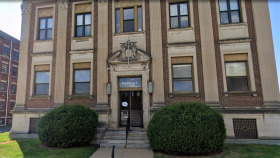Expert Insights
You might not think about the addiction treatment industry when talking about inflation, but there is no escape for any citizen or any business. And when you start putting the pieces of the puzzle together, it becomes crystal clear how inflation could potentially cause millions of Americans to pass up a chance to go to rehab or embrace an opportunity for recovery. Drug rehabs in Texas are facing funding issues, thanks to rising costs of operation, lackluster funding from the state, and an opioid crisis with no end in sight. So in order to receive additional funding needed for the rest of the year, over the next few weeks, you’ll see a wealth of representatives from Texas rehabs testifying before the finance committee for the Texas Health and Human Services Commission. Treatment centers from every corner of the state must lobby for vital funds that will allow them to keep their doors open, continue treating as many clients as possible, and operating robust recovery and aftercare programs.
~ Natalie Baker
Cost of Drug Rehab in Dallas
The costs associated with going to drug or alcohol rehabs in Dallas can sometimes be seen as a barrier. As a result, many people don’t get the help they need because they think they can’t afford it. Thankfully, there are many options for paying for addiction treatment, including some that provide care at no cost to you.
Texas offers state-funded addiction treatment options for its Dallas residents. These organizations are entirely funded by the government or other sources, which allows them to offer low or no-cost options if you don’t have health insurance or have a limited income. These programs are considered public health services and are available to any resident of Texas.
You should expect to show proof that you are a U.S. citizen and a resident of Texas. You may also have to show a history of your addiction and inability to afford other options.
Dallas Alcohol and Drug Use Statistics
Focusing on Dallas and Dallas County specifically, the following statistics highlight the scope of drug and alcohol abuse:

From 2017 to 2019, 13 of every 100,000 people died from a drug overdose in Dallas County.

Approximately 18% of adults in Dallas reported binge drinking at least once during the past 30 days.

The number of deaths in Dallas involving fentanyl increased by an astounding 400% from 2019 to 2020.

In 2020, the Dallas County region had the highest rate of arrests for drunkenness at 153.1 per 100K citizens.
Alcohol and Drug Laws in Dallas
The Jessica Sosa Act: The Texas legislature passed the Jessica Sosa Act in 2021, which allows bystanders who see someone overdosing to call 911 without fear of prosecution, even if they are carrying drugs. However, three conditions must be met:
- The person is the first to call 911
- They stay on the scene until first responders arrive
- They cooperate with law enforcement and EMS
Naloxone Access Law: This bill allows anyone in Texas to purchase the drug Naloxone, or Narcan, in many pharmacies or online without a prescription. This drug can save lives when administered to someone suffering from an opioid overdose.
911 Lifeline Law: The 911 Lifeline Law protects a minor from being charged with alcohol possession or consumption if they call EMS to report a possible alcohol overdose. The person must be the first one to call 911, must stay on the scene until help arrives, and cooperate with EMS and law enforcement. Additionally, the law protects minors from being charged with the possession or consumption of alcohol if they report the sexual assault of another person or are the victim of a sexual assault reported by someone else to either a health care provider, law enforcement, or a Title IX coordinator or another employee of a college or university.
Resources
- Texans Fight Fentanyl | Texas Workforce Commission. (2021). Texas.gov.
- Prevention Resource Center Region 3. (2021). 2021 Regional Needs Assessment Key Findings.
- Texas Health and Human Services. (2022). Outreach, Screening, Assessment & Referral.
- National Institute on Drug Abuse. (2022, April 18). Sex and Gender Differences in Substance Use.






